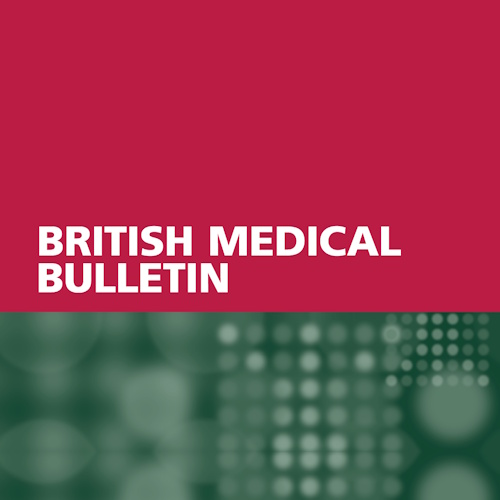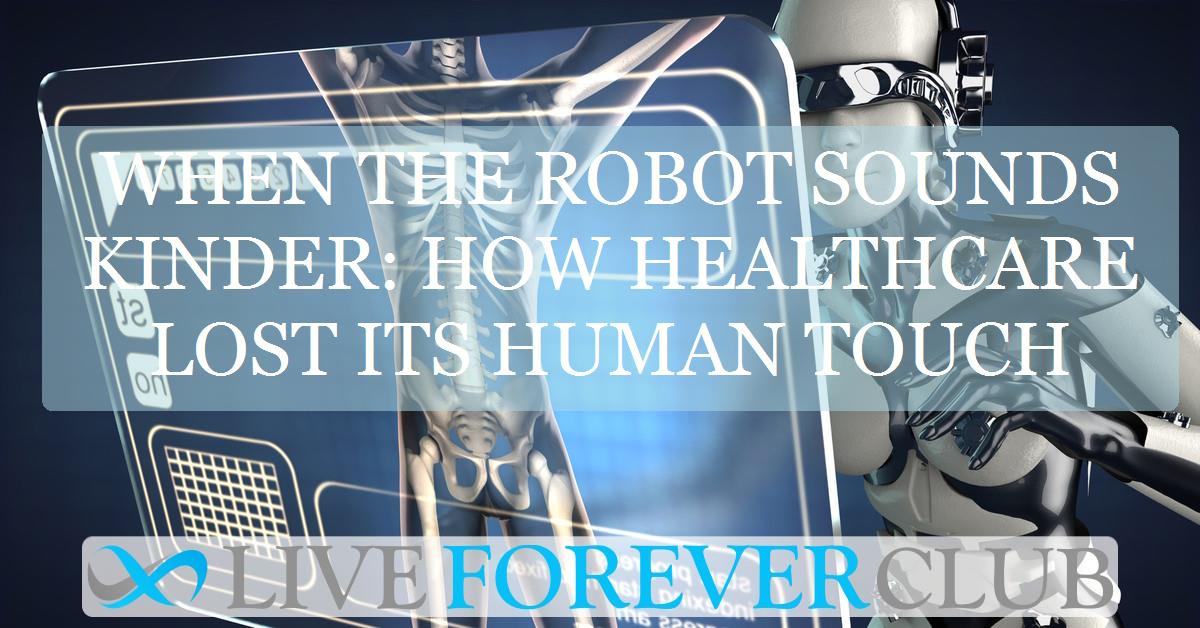Key points from article :
A recent review in the British Medical Bulletin, led by researchers who analysed 15 studies, suggests that AI can outperform doctors in written expressions of empathy. In 13 of the 15 studies, evaluators rated AI-generated responses as more empathic than those written by healthcare professionals. But the article stresses that these findings reflect how empathy sounds in text, not whether it leads to safer care or better patient outcomes, and that none of the studies assessed potential harms such as missed cues or inappropriate advice.
The piece argues that the deeper issue is not AI’s growing emotional fluency, but the healthcare environment that suppresses human empathy. Modern clinicians face overwhelming administrative demands, rigid protocols, and high levels of burnout — conditions that make it difficult to connect meaningfully with patients. Decades of inquiries into healthcare failures have noted that lapses in empathy contribute to avoidable harm, yet the system continues to overload doctors with tasks that drain their emotional capacity.
Although AI models may imitate empathic language, the article emphasises the irreplaceable forms of human care they cannot deliver: recognising unspoken distress, offering physical comfort, exercising moral judgement, navigating cultural nuance, or sharing the quiet presence that supports patients in moments of fear or grief. The concern is that healthcare is drifting toward a paradox where machines provide “empathy” in text while overworked clinicians manage technical tasks — precisely the reverse of what patients need.
The author calls for three major shifts: embedding empathy training at the core of medical education, redesigning healthcare systems to protect the conditions that allow empathy to flourish, and rigorously studying both the benefits and risks of AI in clinical communication. The article concludes that the empathy crisis is a systemic failure, not a technological shortcoming, and that AI should be used to support — not supplant — the human connection at the heart of medicine.





